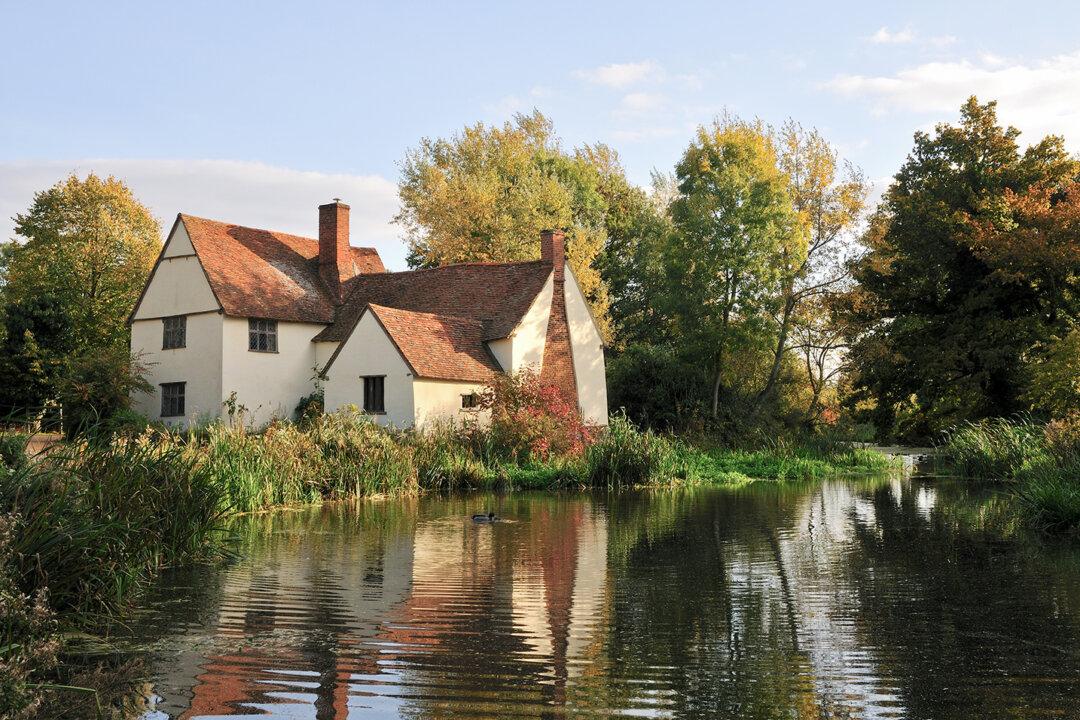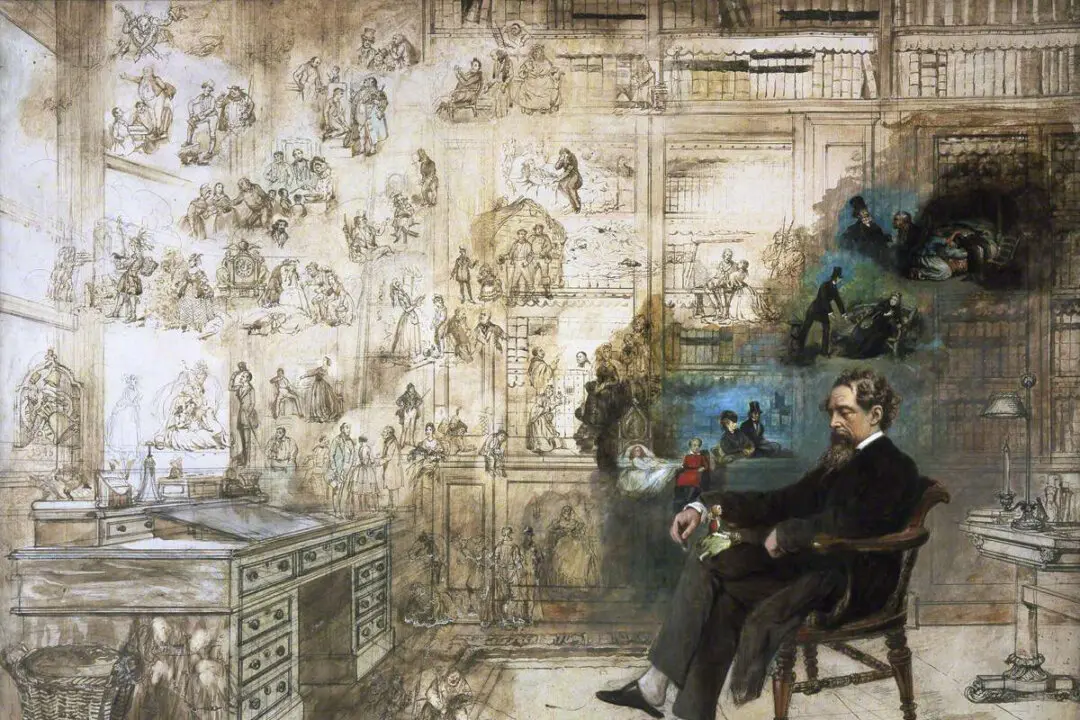In her short story “The Cottagette,” Charlotte Perkins Gilman showed how a young woman, Malda, must learn that wisdom can only be obtained by adherence to patience and hope. If she abides by them, she will reap a beautiful reward.
The Cottagette
Malda and her friend Lois decide to rent a beautiful cottagette in the countryside. “Too small for a house, too pretty for a hut, too—unusual—for a cottage,” they call their summer abode a “cottagette,” which consists of one large and two small rooms, as well as a small bathroom.The little cottagette sits neatly among other cottages and a large community center, which form a summer gathering place for musicians. Lois herself plays the piano beautifully, while Malda, who isn’t a musician, creates beautiful embroidery.






